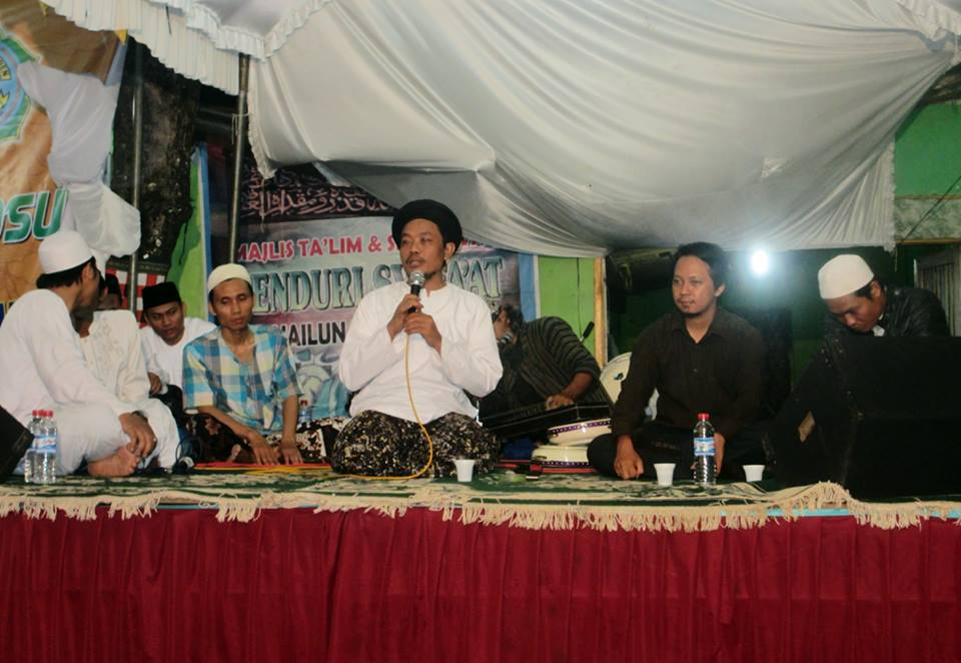Over the past three years, my family has enjoyed friendship with an extended family from Iraq who came to the USA as refugees and asylum seekers. We have enjoyed meals together in our homes, picnics, hiking trips, choir concerts and church services.
When terrible events happen in the news, we lament together.
Occasionally, where there has been illness, I have been invited to pray for healing in the name of Jesus the Messiah.
Why is this family so open to friendship with Christians?
They remember their mixed neighbourhood in Baghdad where their ancestors shared community with Christians for the past 600 years. They tell of going to their Christian neighbours’ homes to celebrate baby baptisms and likewise of Christians coming to their family weddings and baby naming ceremonies.
This all ended in 2003 with the second Iraq war and the departure of virtually all Christians from their community. Today, warfare, terrorism and inflammatory rhetoric put tremendous stress on both Christian and Muslim communities around the world.
How can this stress be relieved?
One recent example came in January 2016: Muslim leaders from around the world gathered in Marrakesh, Morocco, to consider the responsibilities of Muslims toward religious minorities living in their midst. They grounded their deliberations on the Treaty of Medina (circa 622 AD).
The Marrakesh Declaration calls upon Muslims in politics, education and arts to develop a more just approach to those with other religious convictions. It confronts extremism, affirming “that it is unconscionable to employ religion for the purpose of aggressing upon the rights of religious minorities.”
Anabaptists along with Christians everywhere should rejoice at this sincere effort to address a contentious, ongoing problem. “The Marrakesh Declaration has the potential to be…a powerful, peacemaking counterweight to the violent Islamic extremism embodied in groups like ISIS,” says Rick Love, founder and leader of Peace Catalyst International, who attended the Marrakesh gathering.
The reality is that all human communities fall short of the vision God gave through Moses nearly 4,000 years ago:
“The alien who resides with you shall be to you as the citizen among you; you shall love the alien as yourself, for you were aliens in the land of Egypt: I am the Lord your God” (Leviticus 19:34).
And the vision of healthy community Jesus gave 2,000 years ago:
“‘Hear, O Israel: the Lord our God, the Lord is one; you shall love the Lord your God with all your heart, and with all your soul, and with all your mind, and with all your strength.’… ‘You shall love your neighbour as yourself.’ There is no other commandment greater than these” (Mark 12:29–31).
A hadith from Buhkari paints a similar vision, “Of the necessity of love for the neighbour, the Prophet Muhammad ( ??? ???? ???? ???? ) said: ‘None of you has faith until you love for your neighbour what you love for yourself’” (from A Common Word between Us and You).
One concern recent initiatives the Muslim community fail to address is the question of conversion from Islam.
James Schrag, then-executive director of Mennonite Church USA, expressed this concern in his formal response to A Common Word between Us and You (a scholarly initiative Muslims offered to Christians 2007):
“We believe that in any society, the love of neighbour…includes respect for that person’s freedom to believe or not to believe, to choose his or her faith and religion.”
The lordship of Jesus over all things means my first allegiance is to the Kingdom of Heaven and thus I bear witness faithfully that all people are created in the image of God and worthy to be treated with honour and value. I long for both Muslims and Christians to be transformed by the truth that Jesus really is the Saviour of the whole world.
Together with my Iraqi friends, we are experiencing the joy of friendship, community and hospitality as we share freely and openly.
—Jonathan Bornman is a member of Eastern Mennonite Missions’ Christian/Muslim Relations team.
A voice from the Indonesia Mennonite community:
The Jakarta Declaration is a positive signal for peace and constructive relations between Islam and Christianity, especially in a Muslim majority country like Indonesia. I hope it doesn’t remain only a declaration, but also can be realized in society. We can celebrate it as a commitment for peace among communities.
—Danang Kristiawan is pastor of GITJ Jepara, a congregation of the Sinode Gereja Injili di Tanah Jawa (Evangelical Church of Java Synod).
